Affiliate links on Android Authority may earn us a commission. Learn more.
OnePlus 8T revisited: The good and bad six months later
Published onApril 24, 2021
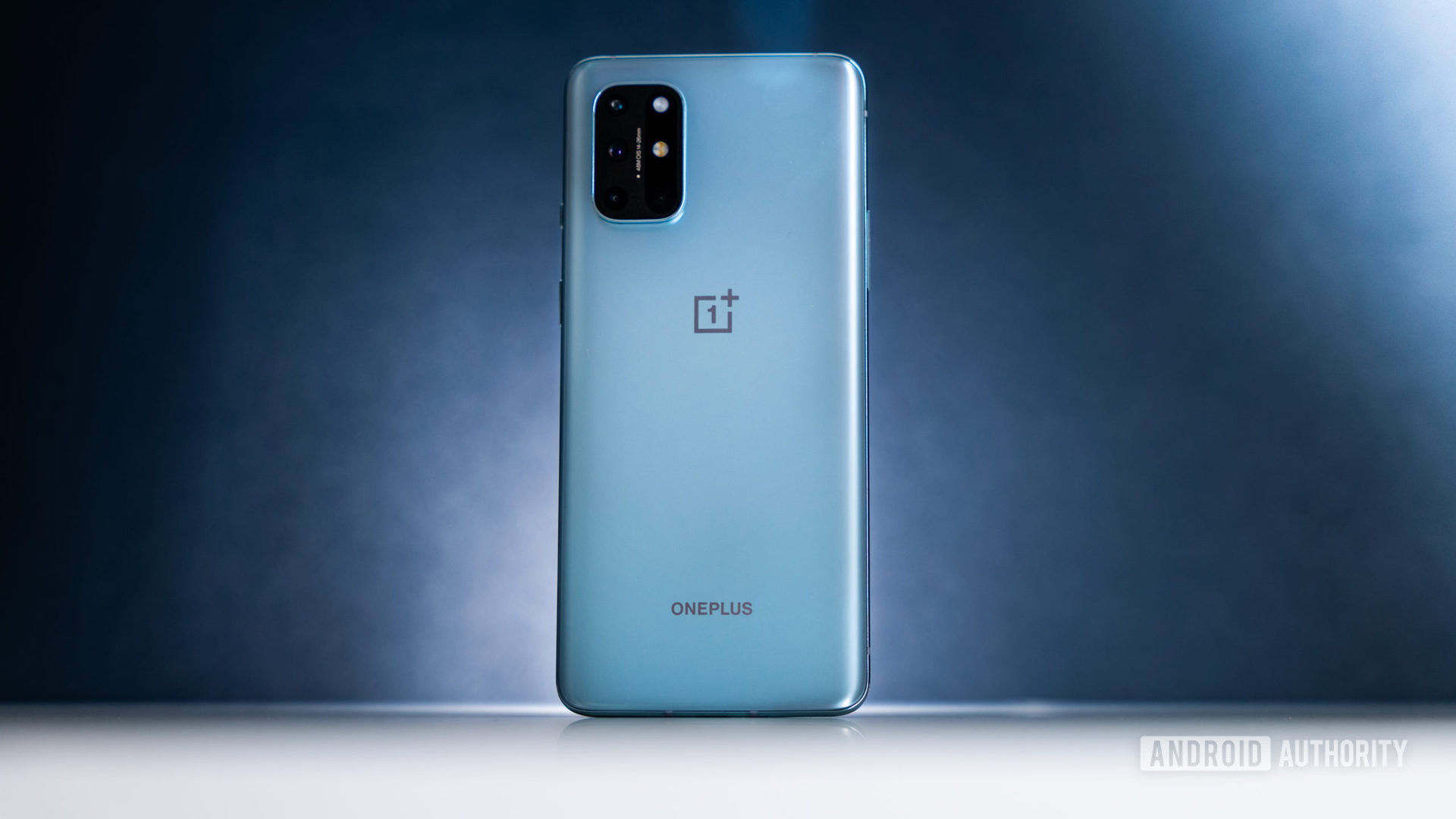
OnePlus just released its latest marquee smartphone, the OnePlus 9 Pro, which squarely puts the company in premium territory. This is a far cry from its last flagship phone. The OnePlus 8T, released back in August 2020, took aim at the affordable flagship market. Unfortunately, our review pinned it as a mediocre device. The display, battery life, and OS performed well, but the poorer camera performance and relatively high price made the 8T a bad choice compared to the competition.
Today, six months later, the 8T sits at a much-adjusted starting cost of $599. As a result, it offers a lot more for the money, but is it worth buying today? Find out in Android Authority’s OnePlus 8T review revisited.
Our original verdict: OnePlus 8T Review
The good
Display
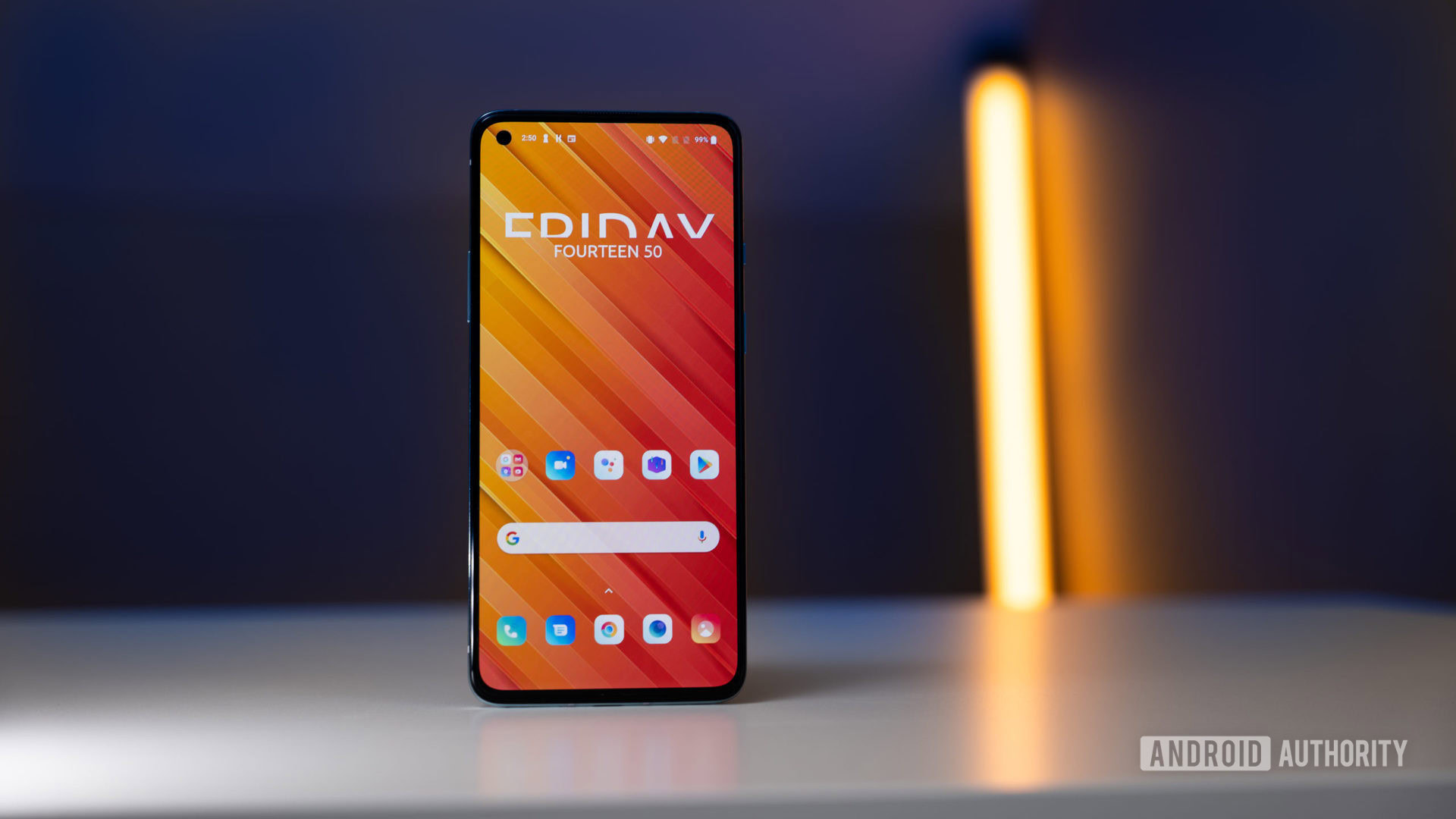
The smartphone industry’s move to high refresh rate displays has finally been implemented across the board. The OnePlus 8T sports a Full HD, 120Hz refresh rate display. Although the lower resolution doesn’t compete with today’s flagships, the display still looks stunning. At a screen size of 6.5-inches and a pixel density of 402, I was particularly impressed with how sharp and color-rich the panel was, especially considering it’s only 1080p.
Furthermore, the display on the 8T is flat, which means I didn’t experience the phantom touches that have plagued previous OnePlus devices such as the OnePlus 8 Pro. As a result, there wasn’t any significant color shifting while viewing the device at off-axis angles.
The OnePlus 8T packages all the ingredients necessary for a great screen.
It’s not perfect, though. The longer 20:9 aspect ratio of this phone made single-handed use easier than some of its larger competitors. In addition, the display doesn’t get as bright as I would like, making it difficult to view in direct sunlight.
It’s important to note that the higher refresh rate is constant and not adaptive, meaning that the refresh rate stays locked at 120Hz. I personally prefer this over adaptive refresh rates. While adaptive displays are more power-efficient, the occasional stutters on those panels ruin the experience for me. It’s nice to see a simple locked refresh rate panel on the 8T, even if there are obvious disadvantages.
The OnePlus 8T packages all the ingredients necessary for a great screen. Anyone with a discerning eye for great displays will be more than happy with this phone.
Battery
Historically OnePlus phones have been solid when it comes to battery life. After using the OnePlus 8T for multiple days, I was averaging about six hours of screen on time. This consisted of heavy usage, a few hours of YouTube, social media, some photography, and an hour or so of gaming.
Related: The best phone charging accessories
On lighter days, I averaged a little more, and the phone lasted well into the second day. In large part, this impressive performance is due to the lower resolution display, but the 4,500mAh battery that ships with the 9 Pro is no slouch either. Even when the phone did power down, I could charge it up from 0-70% in just under 40 minutes due to the included 65W charger.
Still, charging isn’t all sunshine and roses. Unfortunately, the OnePlus 8T does not support wireless charging of any kind. Once a rarity in the affordable flagship space, there are now plenty of options out there that support wireless charging. Its absence still leaves a bad taste in my mouth.
Software
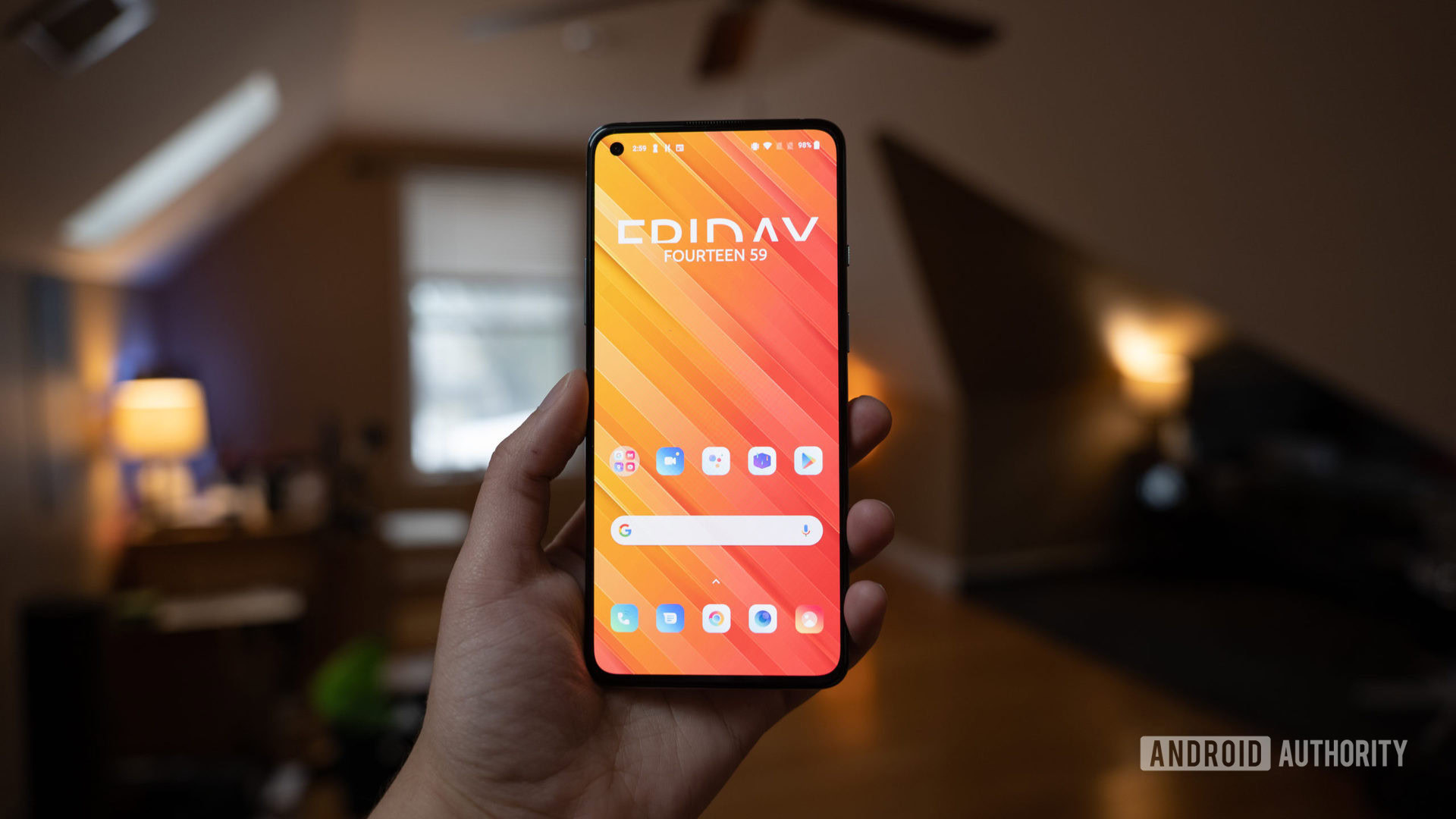
One of the things I love most about OnePlus phones is their attention to detail. Although the shift from Oxygen OS 10 to 11 created some friction with old school OnePlus fans, the revised user interface of the OnePlus 8T is still enjoyable.
The OnePlus launcher has come a long way since even the 8T’s launch. It’s easy to navigate, there are customization options abound, and the native Google Discover integration on the left-most home screen is still welcome. I found myself altering icon packs and the sizing of the grid to my liking. Everything is changeable, and you can even download themes should you want to do so. Apart from Pixel phones, I think this is the best interpretation of Android you can get.
OnePlus typically supports its main and T series handsets for at least two years with three years of security patches, so expect to see similar support for the 8T. Unlike Google and Samsung, that’s not set in stone, but OnePlus has a good track record for long-term support. Just don’t be too surprised if it takes a while to see those updates, as OnePlus’ software rollouts for older devices have been a little slower and a lot buggier in recent years.
The not so good
Design
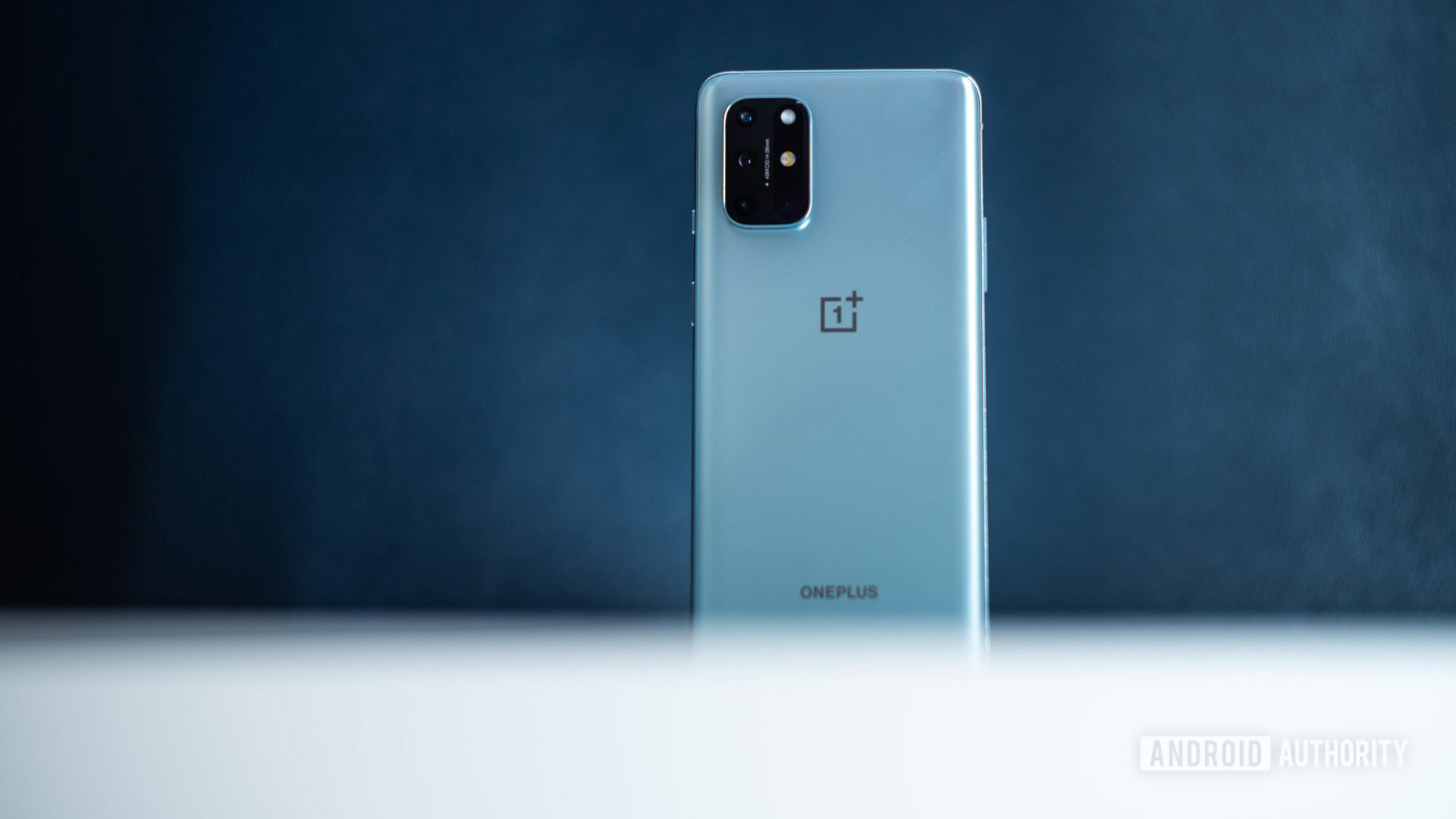
Phone designs have all become fairly homogenous, and the 8T is no exception. The design is very uninspired. I understand that some people will prefer the simple design and soft matte finish, but it’s too plain for my taste. I also don’t love that the camera bump has been relocated to the top left corner. While this isn’t inherently bad, and would be improved upon with the OnePlus 9 series, I miss the simple centered design of the previous flagships, such as the OnePlus 7 Pro and 8 Pro.
One of my biggest gripes is that the 8T feels far too similar to its budget counterpart, the OnePlus Nord. Maybe this is just me, but for even an affordable flagship phone to look and feel almost identical to its budget sibling doesn’t speak miles for the phone. Instead, it feels as if OnePlus cut corners with this design.
Even if you disagree with all of this, there is one thing about this phone’s design that is objectively questionable: it doesn’t have an IP certification. This is a significant loss for the 8T when similarly priced phones like the Galaxy S20 FE and Pixel 5 have official water and dust resistance ratings.
Harsh as this may seem, I think the design of the OnePlus 8T is generic to a fault.
Cameras
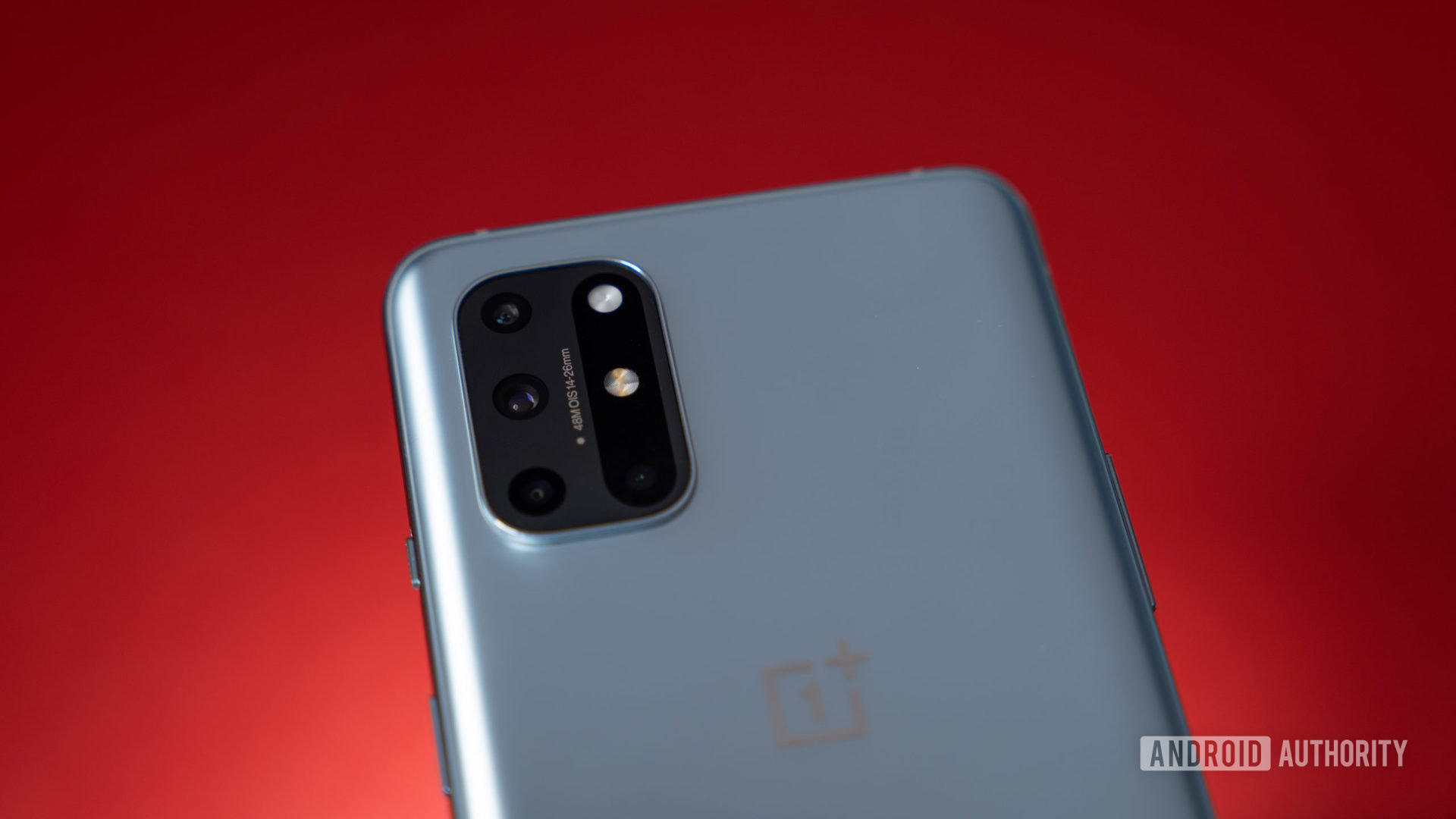
Our initial review of the OnePlus 8T revealed the then flagship’s less than satisfactory camera performance. While there have been a few updates, unfortunately, most of the criticisms still ring true today. Images produced from the primary 47MP f/1.7 sensor tend to be oversharpened and contrasty.
While detail remains adequate, the volume of software sharpening at work makes for an unnatural-looking image. HDR is also underwhelming, and the dynamic range is limited. Most of the highlights tend to be overexposed, and the shadows are regularly crushed, again making for higher contrast images.
The ultra-wide camera suffers from the same issues as the primary lens, but it is significantly less detailed and sharp. Thankfully, the amount of noise reduction isn’t as bad as past devices; still, some photos come out looking like oil paintings.
Unfortunately, this poor performance carries through the rest of the cameras. While the 8T features a new macro sensor, photos are washed out, and the color science favors magenta colors, making for some red-looking skin tones.
Front-facing photos are fine, but there is a considerable amount of noise and oversoftening in each image. You can turn off the image softening in the settings, but it doesn’t make a big difference.
The images produced from the 8T are downright underwhelming and not that much different from the company’s budget offerings such as the OnePlus Nord.
See also: The best camera phones you can get
Price
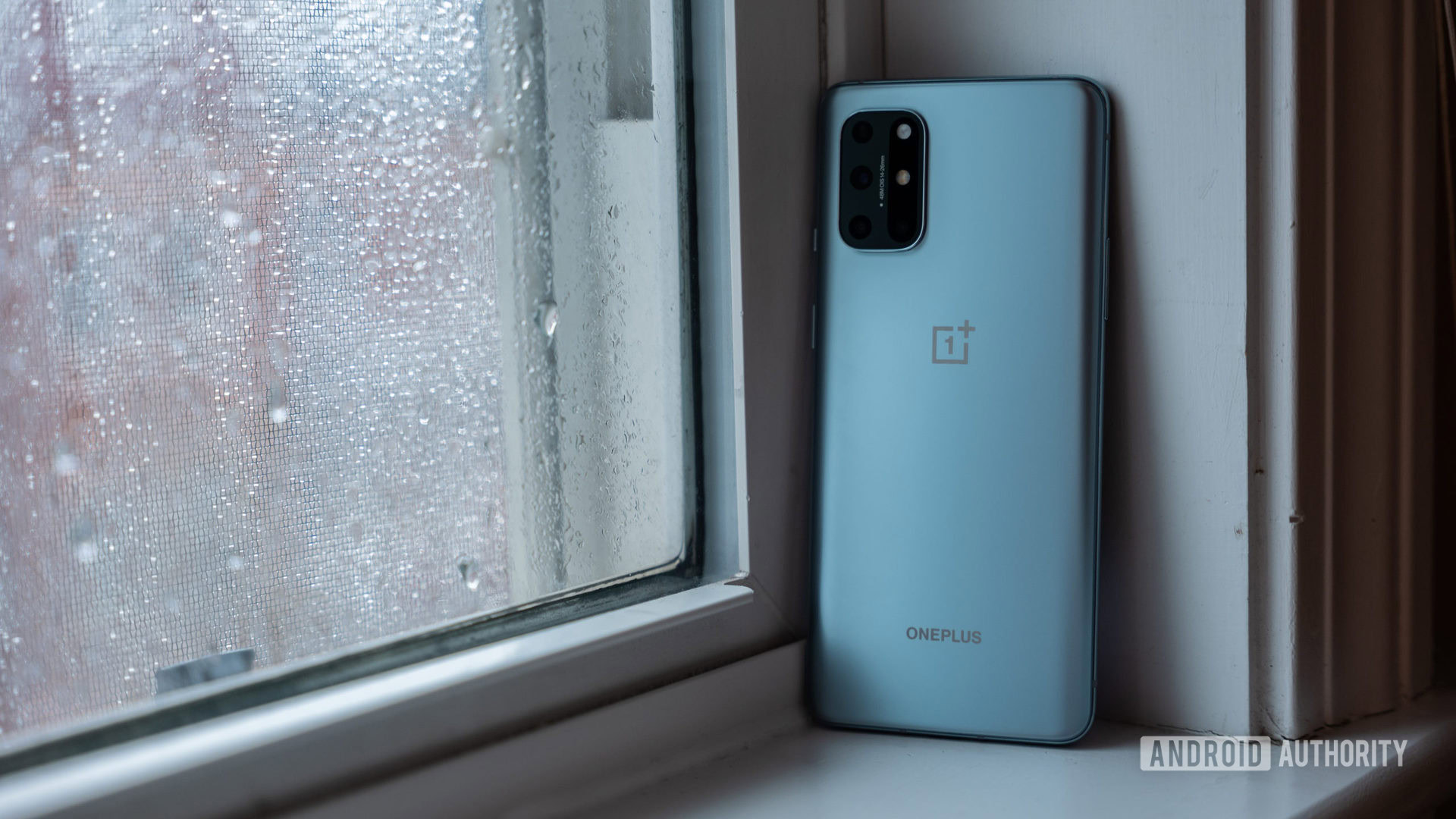
Initially, the 8T retailed for $749. That’s a steep starting cost for a device underperforming in the camera and design department. At first glance, the adjusted $599 starting price of the OnePlus 8T doesn’t seem half bad. However, when you look at the competition, the 8T doesn’t stack up.
The OnePlus 8 Pro ships with the same processor, wireless charging, IP68 certification, and produces much better photos, all for $100 more. Again, the Samsung Galaxy S20 FE similarly has the same chipset in addition to better cameras, an IP rating, wireless charging, and a level of polish found lacking with the OnePlus 8T. You can also pick one up for ~$400 in sales — not bad for our 2020 Editor’s Choice.
Related: Top OnePlus 8T alternatives
There’s also the regular OnePlus 9 which starts at $729 for the base model. While it’s not quite as impressive as its more expensive sibling, the OnePlus 9 Pro, and lacks that IP rating, it nevertheless slaps the OnePlus 8T on the camera and design, has wireless charging, and the latest Snapdragon 888 processor. That’s a lot of bonuses for an extra $130.
Considering all this, the OnePlus 8T still underperforms for its price point, which should be considered when looking to purchase the device.
OnePlus 8T review revisited: The verdict
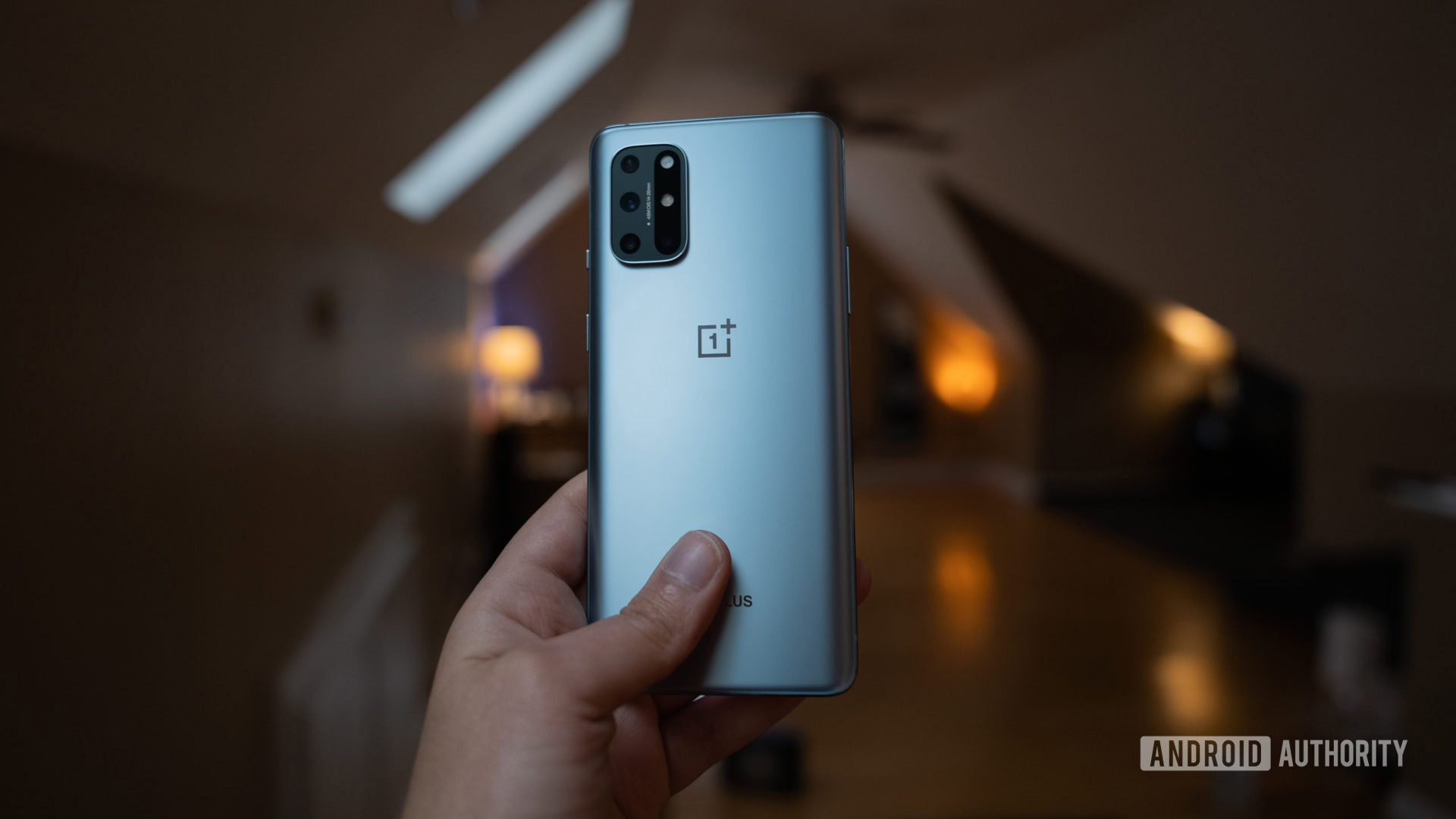
Although the new adjusted price of the OnePlus 8T makes the phone a better value proposition for the money, it still can’t keep up with similarly priced phones. Furthermore, the cameras have not improved enough through updates over time. The software experience and display are both great, but they don’t make up for the more considerable downsides.
Is the OnePlus 8T worth the $599?
At the end of the day, it’s pretty hard to recommend the OnePlus 8T. This is especially the case considering that the OnePlus 8 Pro is now discounted to $699 and the OnePlus 9 retails for $729. Six months later, the OnePlus 8T sits at an awkward price point, offering a great user experience at the sacrifice of good camera performance and a few key essentials for any modern, value-centric flagship.
